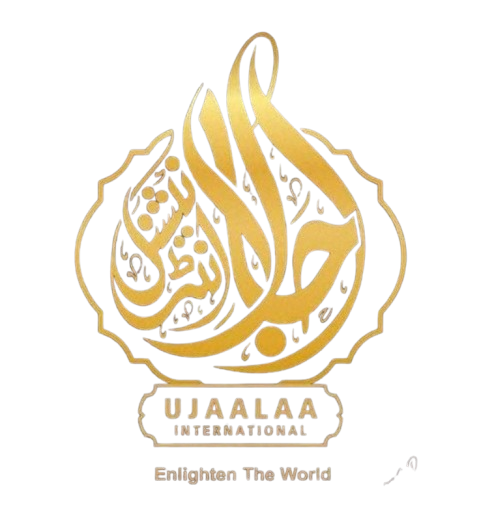Zakat, one of the Five Pillars of Islam, is a powerful tool for promoting social justice and equality within a community. It is an obligatory form of charity that requires Muslims to give a specific portion of their wealth (usually 2.5%) to those in need. Beyond being a form of personal worship, Zakat serves as a means to achieve economic fairness and social balance. Here’s how Zakat plays a crucial role in promoting social justice and equality:
1. Alleviating Poverty and Reducing Inequality
One of the primary goals of Zakat is to alleviate poverty and reduce economic disparities in society. By redistributing wealth, Zakat ensures that the poor and marginalized are provided for. The wealth of the rich is not meant to remain concentrated in the hands of a few; it must circulate through society for the welfare of all. This redistribution helps bridge the gap between the wealthy and the poor, ensuring that everyone has access to basic needs such as food, shelter, healthcare, and education.
2. Empowering the Underprivileged
Zakat provides a means for the underprivileged to achieve financial independence and dignity. By giving to those in need, Zakat empowers individuals to rise above their economic challenges and live a life of respect and honor. Instead of depending on charity continuously, Zakat provides a temporary relief that enables people to meet their immediate needs, thereby offering them the opportunity to build a better future for themselves.
3. Strengthening Community Solidarity
Zakat fosters a sense of unity and mutual responsibility within the community. When individuals give a portion of their wealth to those in need, it creates a spirit of solidarity and shared responsibility for the well-being of all members of society. This collective approach ensures that no one is left behind and that the entire community works together to address social and economic challenges.
4. Promoting a Fairer Distribution of Wealth
Zakat serves as a mechanism for the fair distribution of wealth. Islam teaches that wealth is not solely the result of individual effort, but also a gift from Allah. Giving a portion of one’s wealth to those in need helps maintain a balance between rich and poor. This fair distribution prevents the concentration of wealth among a small group of people and promotes a more just society where resources are shared more equitably.
5. Addressing the Needs of Vulnerable Groups
Zakat specifically targets certain vulnerable groups in society, including the poor, orphans, widows, travelers, and those who are in debt. By allocating funds to these groups, Zakat helps ensure that people who are often marginalized or overlooked receive the support they need. This is particularly important for those who may not have access to other forms of assistance, creating a more inclusive society.
6. Encouraging Ethical Wealth Accumulation
Zakat encourages Muslims to accumulate wealth in a lawful and ethical manner. It reminds individuals that their wealth is a trust from Allah, and they are responsible for ensuring that it is used for the good of society. By paying Zakat, Muslims are acknowledging that wealth should not be hoarded, but rather used to uplift others and promote justice.
7. Breaking the Cycle of Generational Poverty
Zakat can help break the cycle of generational poverty by providing individuals and families with the resources they need to become self-sufficient. This support can help children and young people access education, healthcare, and opportunities that they might otherwise be denied. Over time, this reduces the economic inequalities between generations and creates a society where everyone has the chance to succeed.
8. Promoting a Culture of Compassion and Responsibility
Zakat nurtures compassion and a sense of social responsibility. By encouraging people to give, it fosters a culture where individuals feel a moral duty to care for the welfare of others. This compassion is essential for creating a society where the needs of the most vulnerable are prioritized, and where people work together to create a more just and equitable world.
9. Mitigating the Impact of Economic Crises
During times of economic hardship or crisis, Zakat becomes an essential tool for mitigating the effects of unemployment, inflation, and rising living costs. In such times, the wealthy are encouraged to give more generously to help those who are most affected. This system of support helps stabilize society and ensures that economic downturns do not lead to widespread suffering or injustice.
10. Enhancing Social Justice with Accountability
The institution of Zakat ensures that giving is systematic and transparent. It helps create accountability in how wealth is distributed, making it clear who benefits from the charity and how it is spent. Zakat organizations and institutions, when managed properly, ensure that funds are directed toward the intended recipients, fostering trust and ensuring the integrity of the system.
Conclusion
Zakat plays a fundamental role in promoting social justice and equality by redistributing wealth to those in need, addressing poverty, and fostering a sense of responsibility within the community. It strengthens social bonds, empowers the underprivileged, and works toward reducing economic disparities. Through its structured and intentional distribution, Zakat helps create a more equitable society where everyone, regardless of their social or economic status, has the opportunity to thrive. In essence, Zakat is not only a financial obligation, but also a tool for building a just, compassionate, and fair society.

